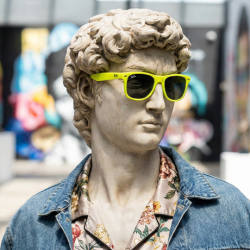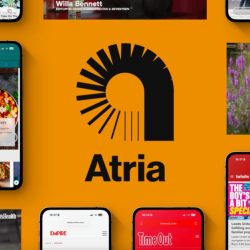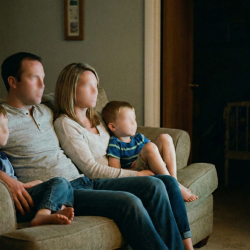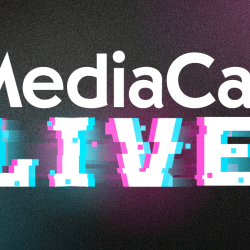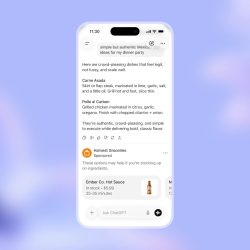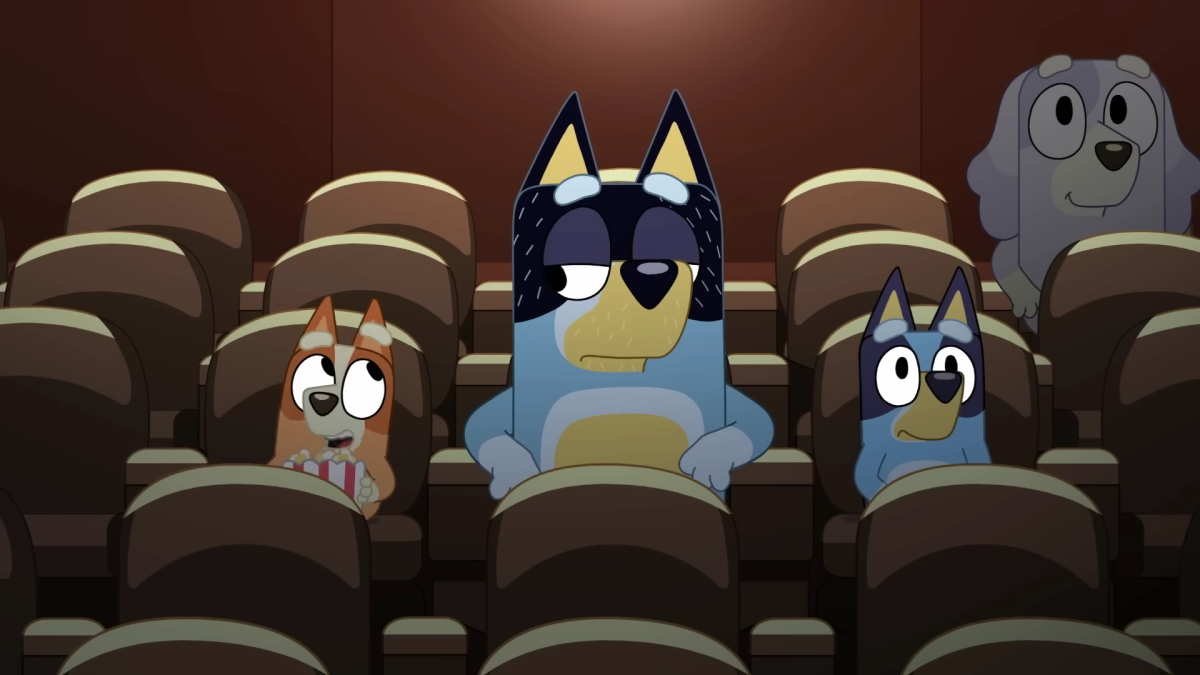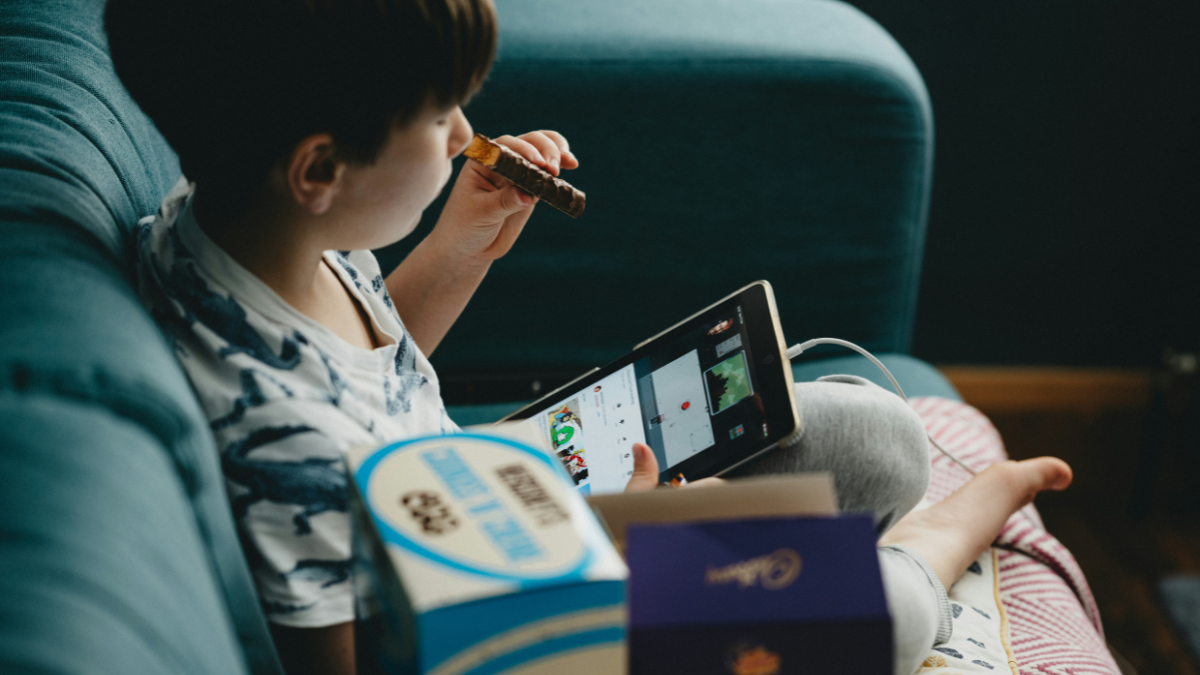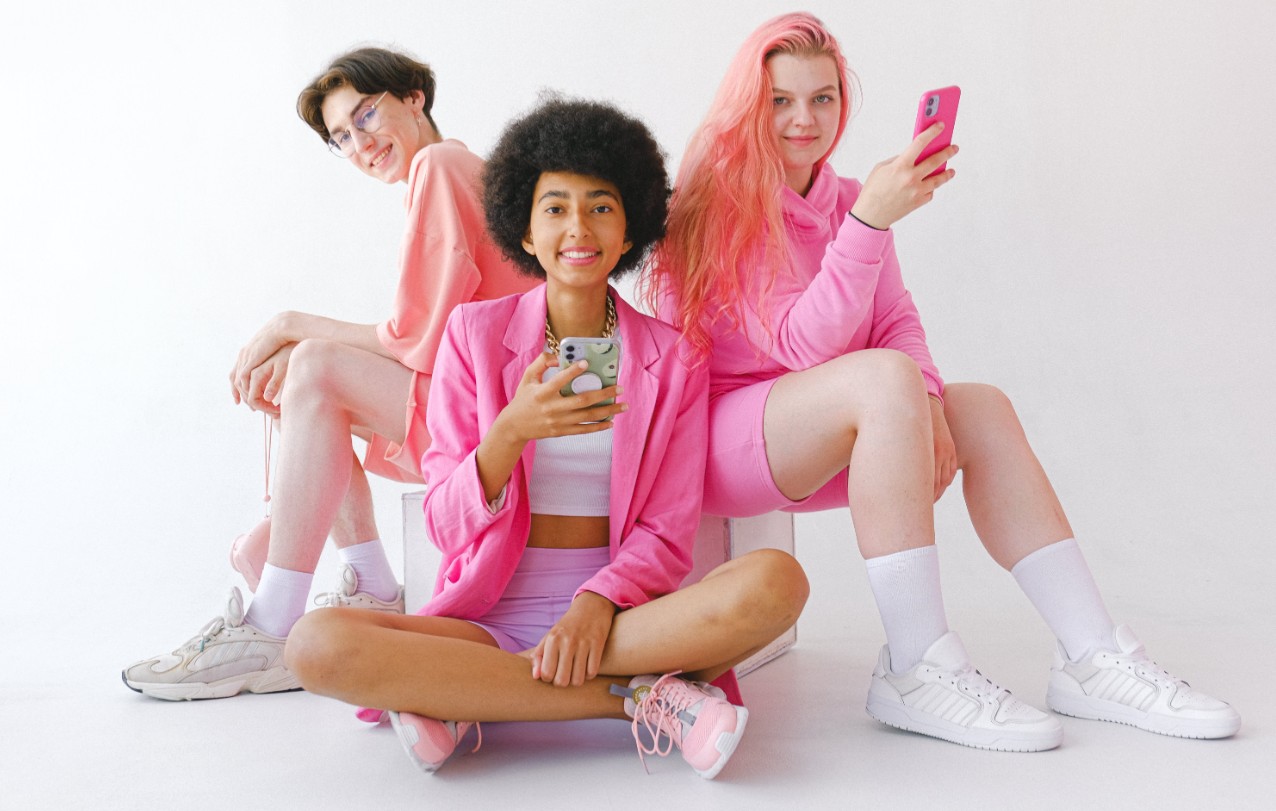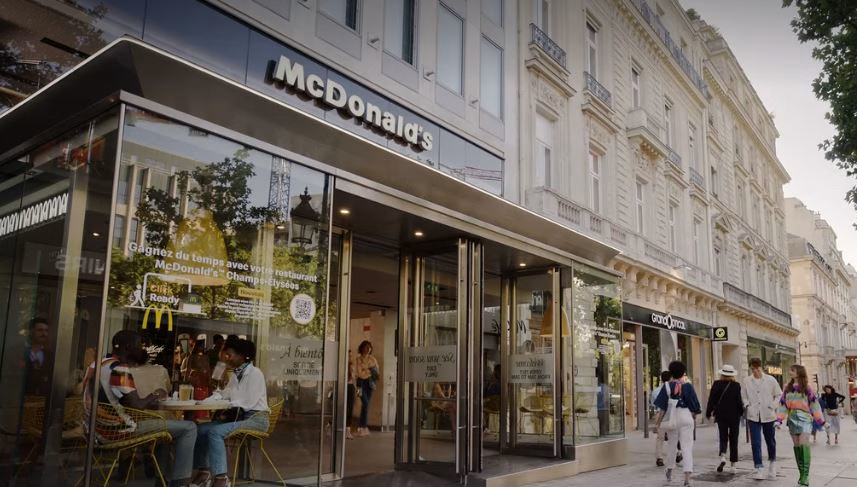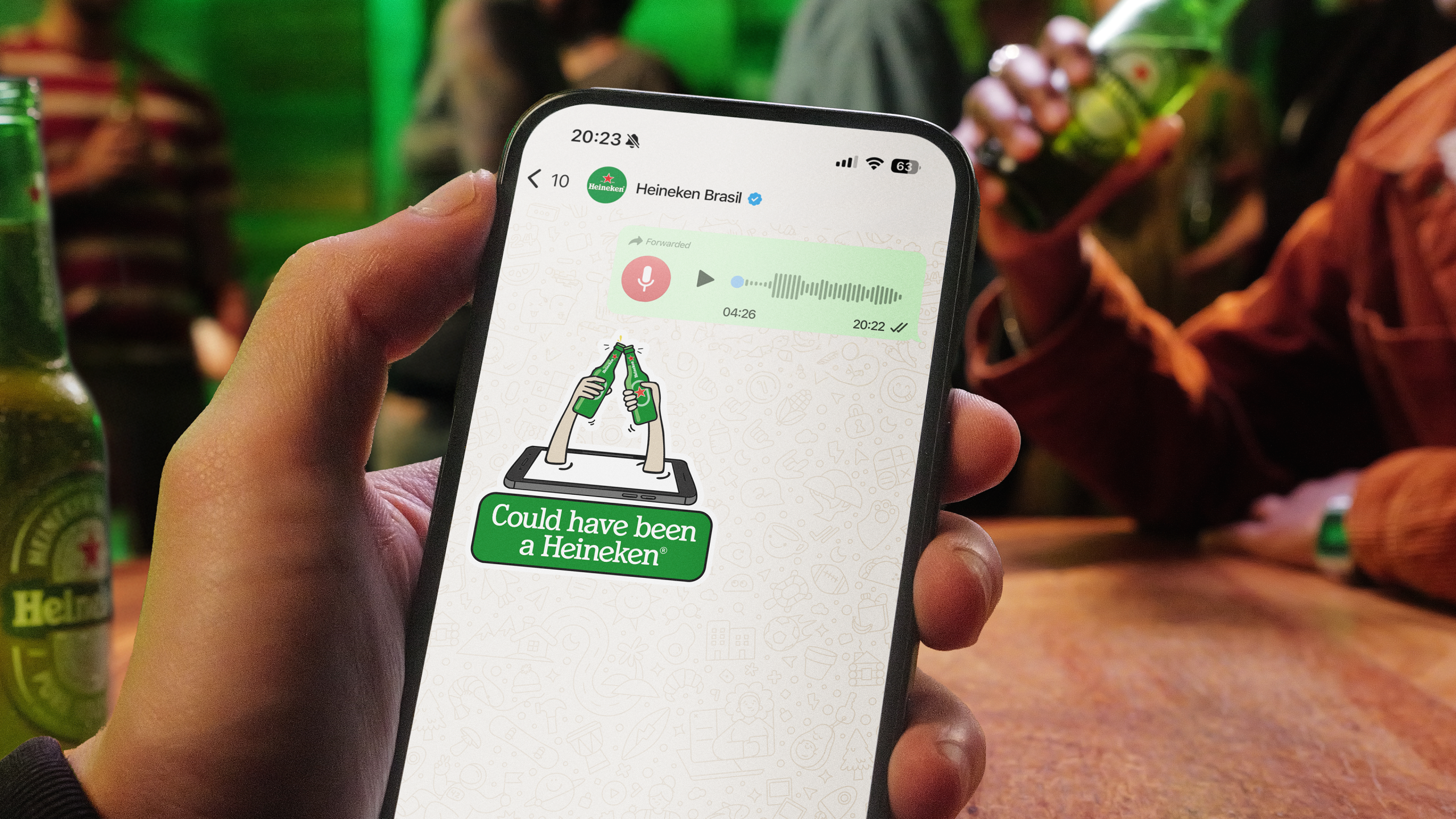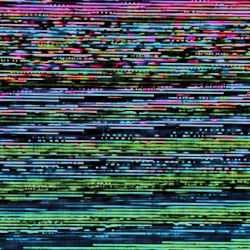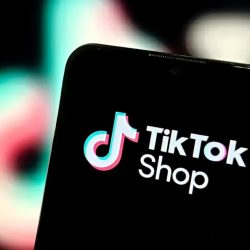The BBC’s priority in 2025/26 — according to the annual plan it published on 31 March — is to provide value for all audiences within the UK and increase the reach of its brand outside of it.
But both of these things, it says, will be underpinned by commercial growth, ‘within and outside the UK’.
BBC Commercial, which comprises BBC Studios and BBC Studioworks, delivered £1.9bn in sales and £199m in ebitda to its parent company last year, and it’s working towards its five-year target of returning £1.5bn to the corporation by 2026/27.
This isn’t enough to fill the BBC’s funding gap. The corporation states that in real terms it receives £1bn less per year than it did in 2010. But commercial revenue is increasingly important for the BBC. And as well as bringing new cash flows to the broadcaster, BBC Studios has a loftier purpose: ‘boosting the UK creative industries and taking the UK’s soft power to the world’.
Jasmine Dawson works within the brands and licensing division of BBC Studios as senior VP of digital. She has led global digital strategy for the team since 2019, and is responsible for increasing audiences and profits for BBC Studios’ digital brands.
What follows is a lightly edited account of our conversation with Dawson, in which she tells us about Bluey, why YouTube isn’t TV, and what makes BBC content such a compelling proposition for brands.
In a nutshell, what is the BBC’s brands and licensing division?
It’s the driving force behind the brand extensions that excite our audiences and fandoms across the world. We’re really proud of our diverse and inclusive portfolio: everything from Bluey, who’s obviously been on an absolute rocket ship across the last few years, to Doctor Who, Strictly Come Dancing, Top Gear, BBC Earth and Hey Duggee. We really excel at amplifying and extending that BBC Studios IP in ways that we believe are creative and innovative, with a real focus on deepening that fandom. Because for us, that’s the thing that enables us to drive excitement within our audiences, but also that fandom flywheel allows us to grow commercially too.
So, the focus is on content and audience, and commercial is the follow-on?
That’s probably not how I would describe it. If you put the audience at the heart of everything that you do and you’re exciting, expanding and engaging that fandom, that allows you to grow the commercial opportunity. So, we believe the two go hand in hand. We’re not chasing the money. We’re building brands of scale that are primed to exist for a long time. We want to build something that’s going to be here in 30 years. So that’s really important to us.
What’s your philosophy when it comes to building brands?
I think you have to be aware of how something is going to be meaningful today and also meaningful further down the line. That’s why the brands that we have built in partnership with some of our partners, like Ludo with Bluey or Studio AKA with Hey Duggee, have stood the test of time.
In terms of my philosophy of building brands, I think it’s about being able to occupy someone’s heart and mind. If a brand can occupy that space, the opportunity is massive because they don’t just want to consume your content, they want to go to your live events, they want to go and buy stuff.
Is it bad advice when people tell marketers of retail products to behave like an entertainment brand? Aren’t fandoms and stuff like that a bit out of reach for them?
I think it depends. Lego is just plastic bricks, but I think I could point to fans of Lego. They’ve understood that to stand the test of time, they have to be more than plastic bricks. But yeah, you’re right in terms of brands that go, ‘Well, how do I do what Mattel is doing?’
Not many people are going to want to be fans of Direct Line insurance.
Exactly, you’re not going to be a fan of that. But could you see a world where Direct Line decides to branch out and do content and movies? Probably not… but that’s what I did [while working at a media agency] for Revlon. We made content that was about trying to turn [the brand] into something that had storytelling.
I also worked on Anheuser Bush and British Airways, and [these brands’] problem is the same as the broadcasters — it’s attention. That’s the skill set that I have brought, in terms of understanding the audience, understanding how you tell a story on digital.
It’s those kinds of things that I find the most fulfilling about my job today. Working with a powerhouse such as the BBC and having the IP to work with is fantastic, but it is taking those stories and then creating shoulder content to commercialise that across all of our platforms.
Shoulder Content?
The way that we talk about it is if the ‘head’ is the main programme, the shoulder content then allows you to further the story. That’s the way we’re able to connect to our audiences, by going, ‘This is the content that is being distributed across lots of different channels, but what is the shoulder content for TikTok? What is the shoulder content that we want to talk about as a repeatable format on YouTube?’
So it’s head, shoulders, and at some point we’ll get to the knees and toes… You can tell I’ve got two kids.
Can you tell me about some partnerships or deals you’ve done that exemplify the work of the brands and licensing division?
Working with our licensing and PR colleagues on the Bluey Books, we came up with an idea for celebrity, digital-first book reads, and the first season did incredibly well. It had amazing talent associated with it, Kylie and Danny Minogue, and a whole load of other fantastic hosts. It’s amassed nearly 75 million video views across all of our platforms, and we’re very close to new and exciting announcements that will come with associated brand and sponsorship opportunities as well.
So there hadn’t been any brands involved with the Bluey Book Reads up until that point?
That was shoulder content. So, the brand partner was [publisher] Penguin Random House. The next stage, if we were to go further, is to go, ‘Let’s make this a three-way partnership in which we look for the right type of co-sponsor’.
Did Penguin Random House pay for the Bluey Book Reads partnership?
It’s different because they’re also a partner, so it’s a barter relationship.
In terms of media partnerships, Audi Dakar is probably more of what you were expecting.
Audi has worked with us for a long time. We’ve had a multi-year partnership and the Dakar rally was something that’s obviously been covered a lot. We did a piece of branded content with them that showcased the craft that really goes into these incredible rallies. And we created video content that went across our platforms on Top Gear, as well as then on Audi’s own platforms as well.
That was our first iteration with Audi, and they’ve come back year after year, which is great, and it’s because we’re able to show them the meaningful impact for the audience. It’s really important for us to show that we’re creating compelling content that makes audiences want to stay, as well as showing a direct return on the investment. Being able to really point to where we have moved the needle is really important. I’m very mindful, having come from a media agency background, that return on ad spend is important, especially now, when most media agencies are looking for incredible reach but also converting that audience to go do something else, whether it’s buying something or going to a movie or something like that.
Do you outsource that measurement of effectiveness?
No. We do that ourselves, [through] a really close partnership with Margo Swadley, who heads up our data insights and CRM team. Being able to show that our amazing fandoms can actually deliver return on investment is the point for us. We’re not just about young audiences or about huge scale. [Having] meaningful fandom means that we can actually then convert on your KPIs because they’re so engaged. And we have really clear proof points on that.
Do you need to prove those conversions? Isn’t it enough for broadcasters to deliver on the things over which they have control, like viewership?
My view would be it’s not enough to go, ‘These are the number of impressions that we got.’ Because it’s like, ‘Well, yeah, but were they even paying attention?’
We can’t do it with every campaign because it really depends upon the ask, but more and more we’re going, ‘Let us work with you and set up something so that we can show that we’re moving the needle.’
We believe that’s important because we get so many briefs; we have to be really choiceful about what we go after. We hold ourselves to a high standard; we’re part of the BBC group and therefore we need to. But I also want to hold ourselves to a high standard [in terms of] what differentiates us. For me, it’s that fandom, and that fandom drives ROI.
My next question was going to be what does the BBC’s IP bring to a commercial partnership. Is that the answer then? Fans?
Yes, that fandom flywheel, showing that fandom can drive return on investment, is probably my number-one thing. My second thing is that coming to us is not just, ‘I’d like some digital reach, please.’ Or, ‘I’d like a branded integration with Doctor Who.’ We absolutely do those things, but we sit within an incredible organisation that’s running live events; we have a global consumer products brand; we’ve got an incredible gaming division, and we’re launching ecommerce and social ecommerce this year. Therefore we have the opportunity to create a partnership that’s so much more meaningful than just a reach play on digital.
And the thing that’s really exciting for me is something that is coming later this year — the ability to go, ‘Let’s create a pop-up shop together.’
We’re creating lots of amazing products for our brands, but if the right partner comes along and says, ‘We’d like to look at a collaboration with BBC Earth or with Top Gear or Hey Duggee,’ that’s the kind of thing where you can go, ‘Well here’s what we could do with some original content series, but that could gear up to doing something with talent, and maybe a live event, and then perhaps in year two we start to think about how we can create products together.’ It just creates that deeper and richer meaningful partnership.
Which platforms will you use for ecommerce?
We launched a TikTok shop for Gavin and Stacy over the Christmas break. TikTok’s definitely an opportunity for us, and we’ve got some more launches this year. YouTube is also a really powerful partner for us. We’ve been working with them for over a decade and monetising our incredible portfolio. Trying to find the right balance between TikTok, YouTube, but then also our own ecommerce through our branded websites, that’s what we’re in the middle of working through. How do we make it feel like a rich experience? Especially when you’re comparing yourself to Amazon. You’ve got to be thoughtful about that.
Do you only envisage selling merchandise related to the IP you own? Or is this going to be a store that external consumer brands can get into as well?
We have thought about that. We’ll definitely start with our own IP, but we’re not ignoring the fact that, given that we’ve got huge audiences, it could be beneficial for us to work with other partners as well.
Is there a particular type of client that tends to want to work with BBC Studios?
We’re lucky that our stable is eclectic, and therefore we get lots of different types of briefs. What is unifying about them is the challenge: people are fighting for relevance but want to do it without appearing clickbait-y.
I think the three big challenges we see are: keep us relevant but don’t make it a flash in the pan. How do we tap into the creator economy in a meaningful way without it feeling like we’ve bought an influencer? And, how do we scale?
We’ve written recently about people’s perceptions of quality in relation to media changing as they choose to consume more creator content. Is that something you have to contend with? Is the prestige of shows diminishing?
I think there’s definitely a different interpretation of quality depending upon which audience you’re talking to.
Some of the audiences who have grown up with the internet, I think their version of quality is very different to some of our other audiences. But I think that’s changing all the time and was changing way before we started talking about it. Quality is always always changing. It can be a slightly misleading conversation because what is to say that what you find quality entertainment is the same as what I find quality entertainment? I think it goes back to what I was talking about with how you build a brand. If you can be meaningful to both the heart and the mind, and you’re a meaningful presence in someone’s life through the storytelling on any media; that, for me, is the conversation.
What else are broadcasters dealing with in terms of audience behaviours at the moment?
Previously, it was really easy to get a sense of who your competitors were. [Now] there are no fences. Everyone is a competitor.
What is really interesting is it’s no longer about comparing yourself and going, ‘What is my right to play and right to win in this environment?’ You’re going, ‘How do I talk to my audience?’ Yes, you need share, and yes, at some point you may need to steal share, but in reality, content’s only growing. It’s an absolute tsunami of content every day. I think I read yesterday that by the time that we get to 2030 there will be two billion hours of watch time per day on YouTube. Therefore, the only way that you can stand out is just being as meaningful to your audience as possible. That is incredibly challenging, but I think it’s an exciting challenge.
Is it difficult having to partner with platforms like YouTube, which in some respects are direct competitors?
We place heavy emphasis on going, ‘Yes, we will fish where the fish are,’ and really invest in those incredible partnerships with YouTube and TikTok, but we’re also investing heavily into our own [channels] and making sure that we have an incredible CRM program, and understanding our audiences across web and social in order to find that right balance, so that we can do cool things like ecommerce.
Are you under any pressure to make shorter content? Are attention spans dwindling?
Actually, the pressure is the other way. Every partner is pushing us for more long form content.
It’s really interesting, and I mean there’s so much that has been written around both us and others getting more into putting full episodes on YouTube, as well as YouTube being the biggest thing in TV, and I find it an interesting conversation because it is the biggest thing in TV, but it’s not TV. It’s not like you can put full episodes out there and just let them ride. It’s not a scheduling situation. It is about understanding how you package that content, how you communicate with your audience.
What separates YouTube from TV then?
It’s a number of things. The fact that it’s a community platform is incredibly important. It’s a platform in which people want to be able to talk to us, talk to each other and engage in a completely different way to how they would engage with TV. I also think the way that they view it is not the same as TV. We have to be really thoughtful that it could be one IP and one channel that has to talk to diverse audiences in different ways, and therefore it is not scheduling. It is the art of curation, commissioning and commercialising in a completely different way than you do on TV.
What’s in store for the brands and licensing division in the future?
There’s a number of things that I’m excited to launch with Bluey on social. Bluey is a shining star in our portfolio, but we’re really on the hunt for new IP. For me that is something where digital can come into its own, where we can go and find and test new IP, new talent and create something from the ground up.
